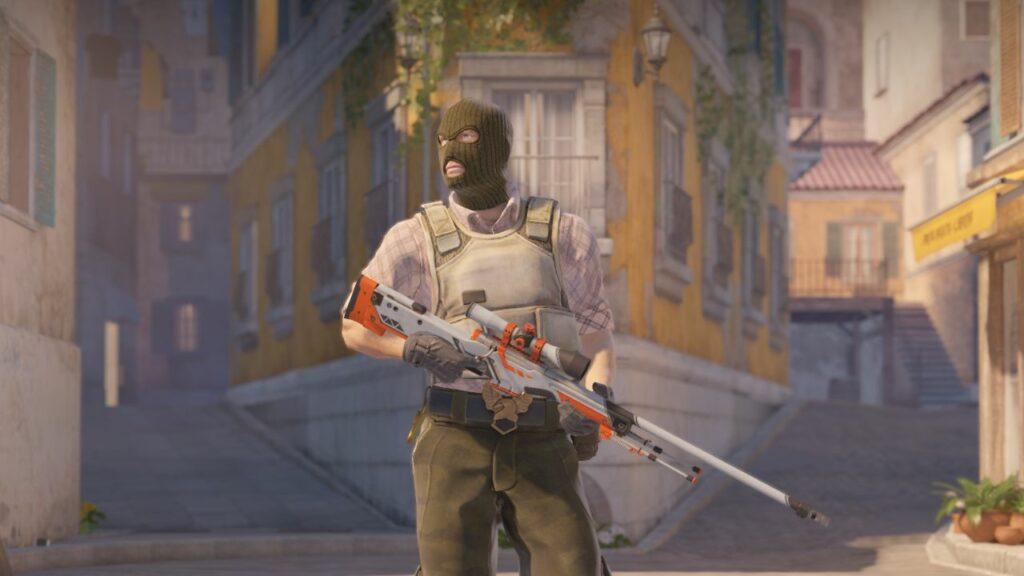
Intel Grand Slam returns for Season 3 with new rules update
ESL has announced that the Intel Grand Slam will return on July 19 at Intel Extreme Masters Chicago for the beginning of its third season.
The Grand Slam rewards the winner with a $1,000,000 prize, going to the team that first wins the required number of events in a year. For its third season, the Grand Slam will have slightly different rules than before.
For the inaugural season as well as for Season 2, the prize was awarded to the first team that won four qualifying events out of the ten eligible tournaments. Season 1 was claimed by Danish team Astralis, who took a total of 323 days to win four events.
Season 2 was won by North America’s Team Liquid after their recent win at ESL One Cologne. Team Liquid secured the Grand Slam in a new record of only 63 days, during which they managed to win four consecutive events.
This record may never be broken, and in Season 3 there are new conditions to the Grand Slam which potentially makes the prize harder to achieve.
According to a report from ESL Gaming, there are now two possible paths for securing the Grand Slam. The new conditions for the Grand Slam are as follows:
“The Intel Grand Slam in Season 3 can be completed by the first team to complete either of the two conditions below:
1.Winning four Masters level CSGO tournaments including one (or more) designated Masters level CSGO tournament inside a span of ten consecutive tournaments.
2.Winning six Masters level CSGO tournaments inside a span of ten consecutive events.”
A team can still win the prize by winning four events out of 10, but with these changes one of those four events will need to be a top-tier tournament such as ESL One Cologne, IEM Katowice or a Major held by IEM or Dreamhack. Without one of these four wins, a team will need to win 6 events to win the new Grand Slam.
Had these rules existed previously, Team Liquid would still have won the Grand Slam when they did. Astralis would also have taken home the prize, though it would not have come until later in the year.
Recommended

s1mple is offering lessons to help you get good at CS2
Have you dreamed of playing like s1mple?

Recent CS2 ban wave punishes cheaters during live games
Valve is banning players in bulks.

Players hopeful after Valve adds Overwatch to expose CS2 cheaters
Only “trusted” players will be Overwatch investigators.







